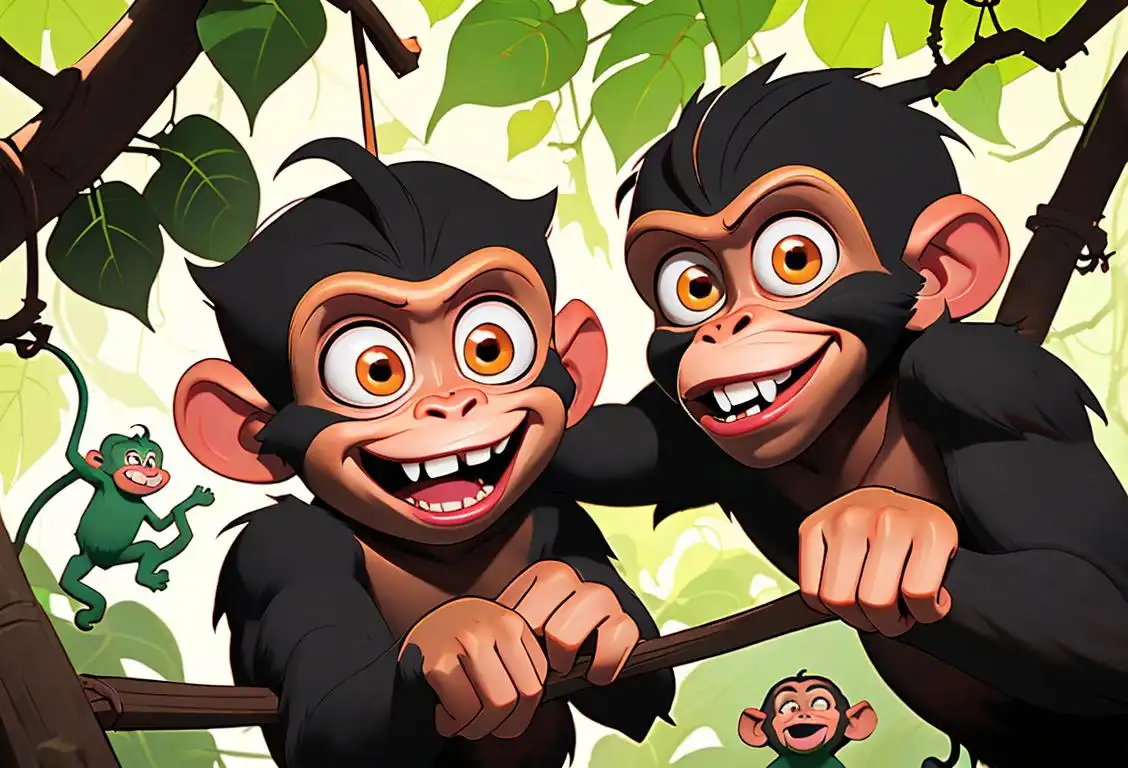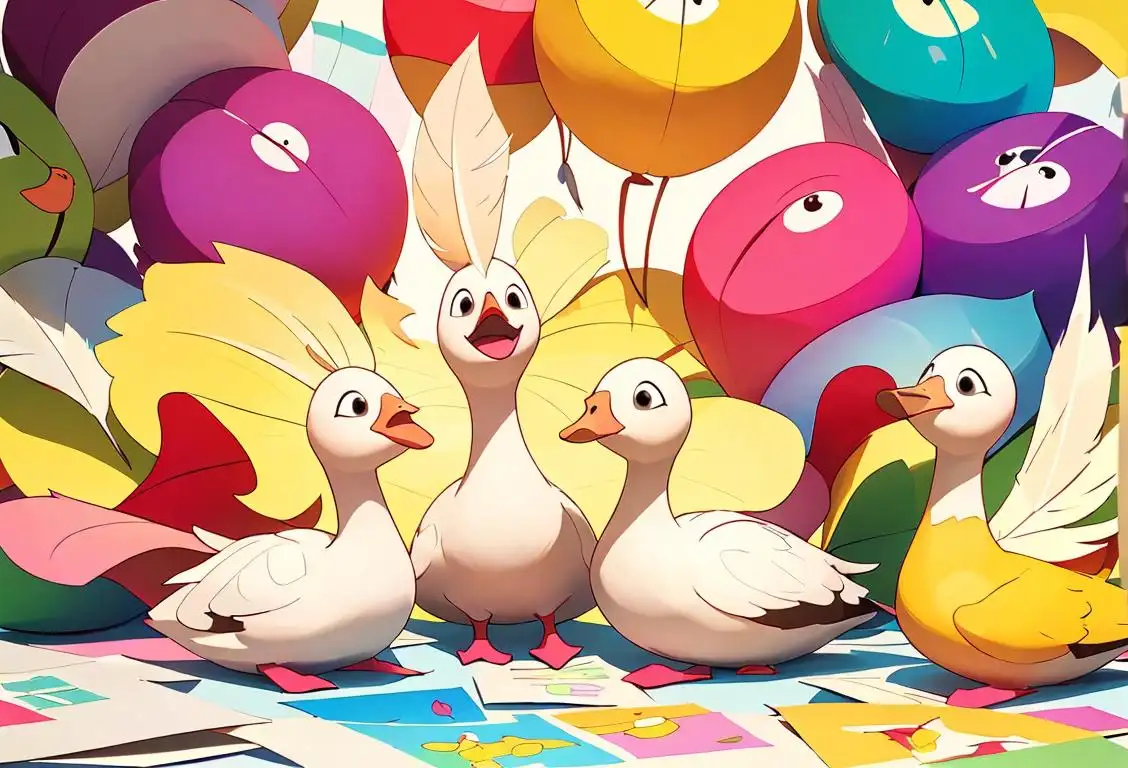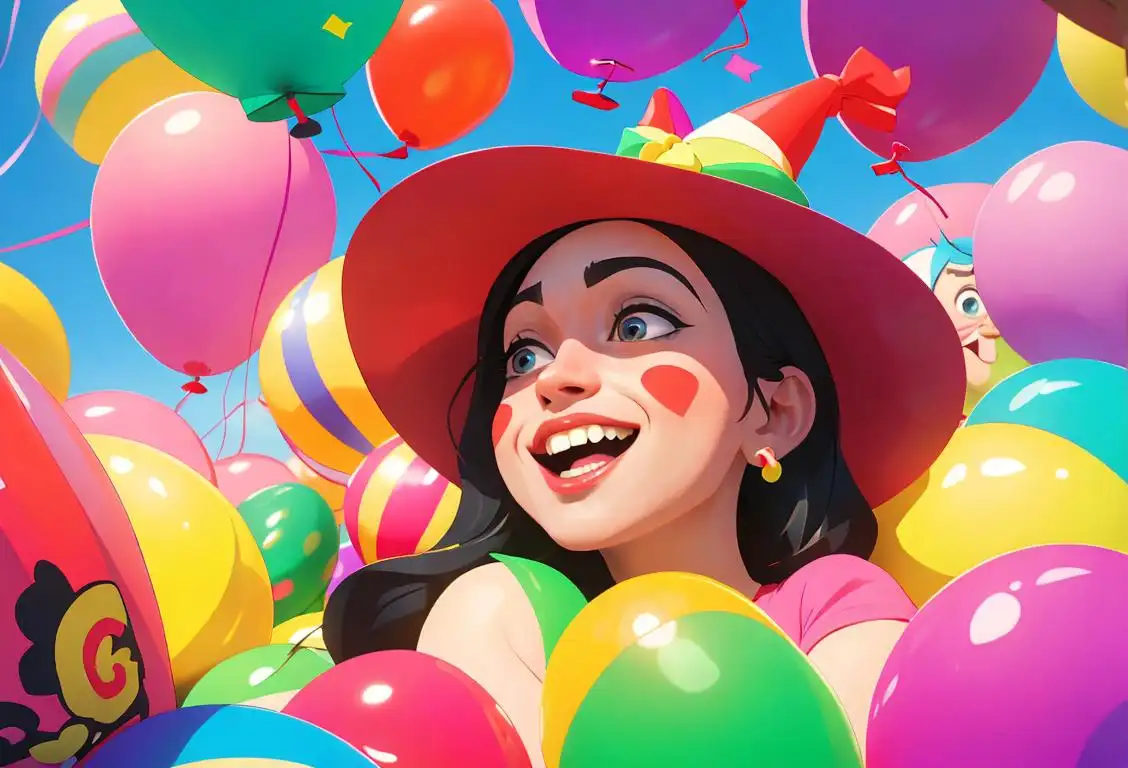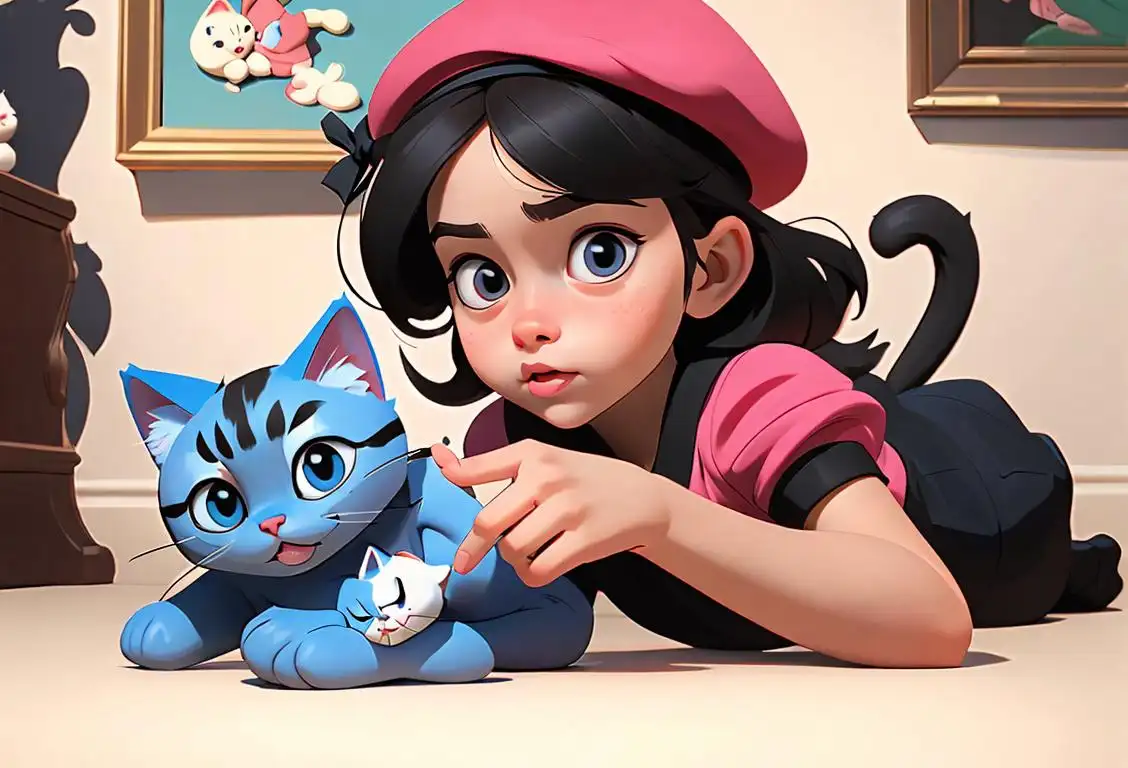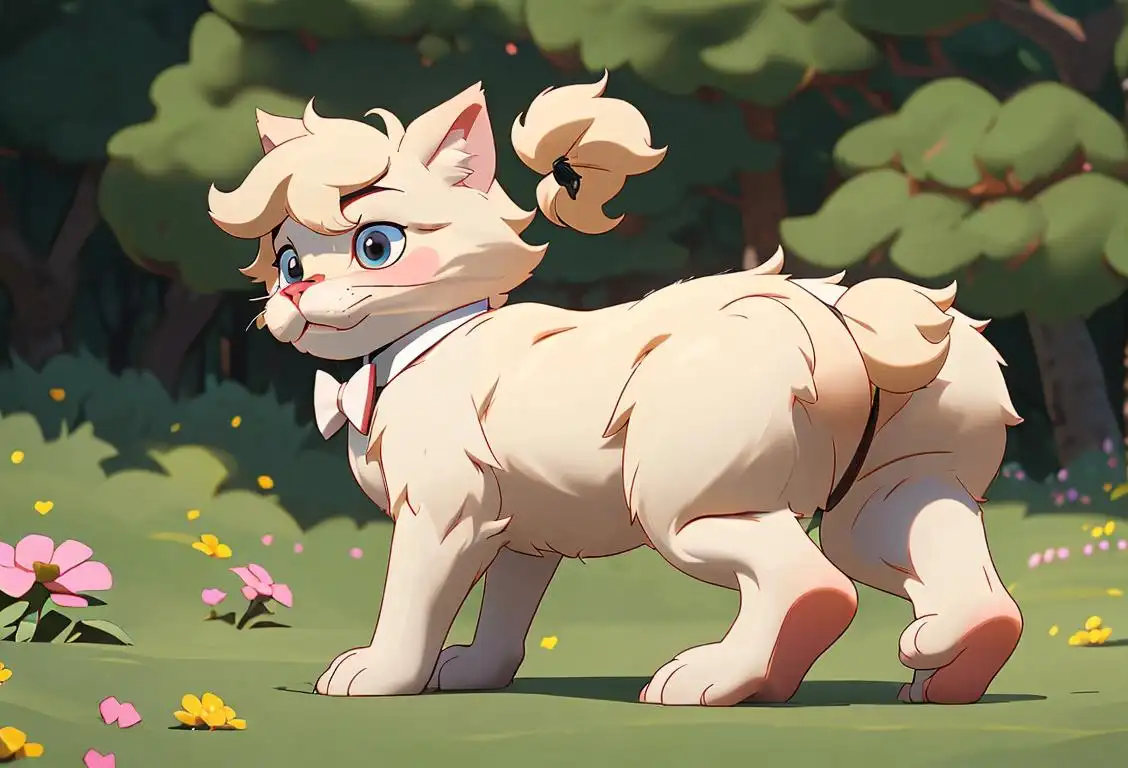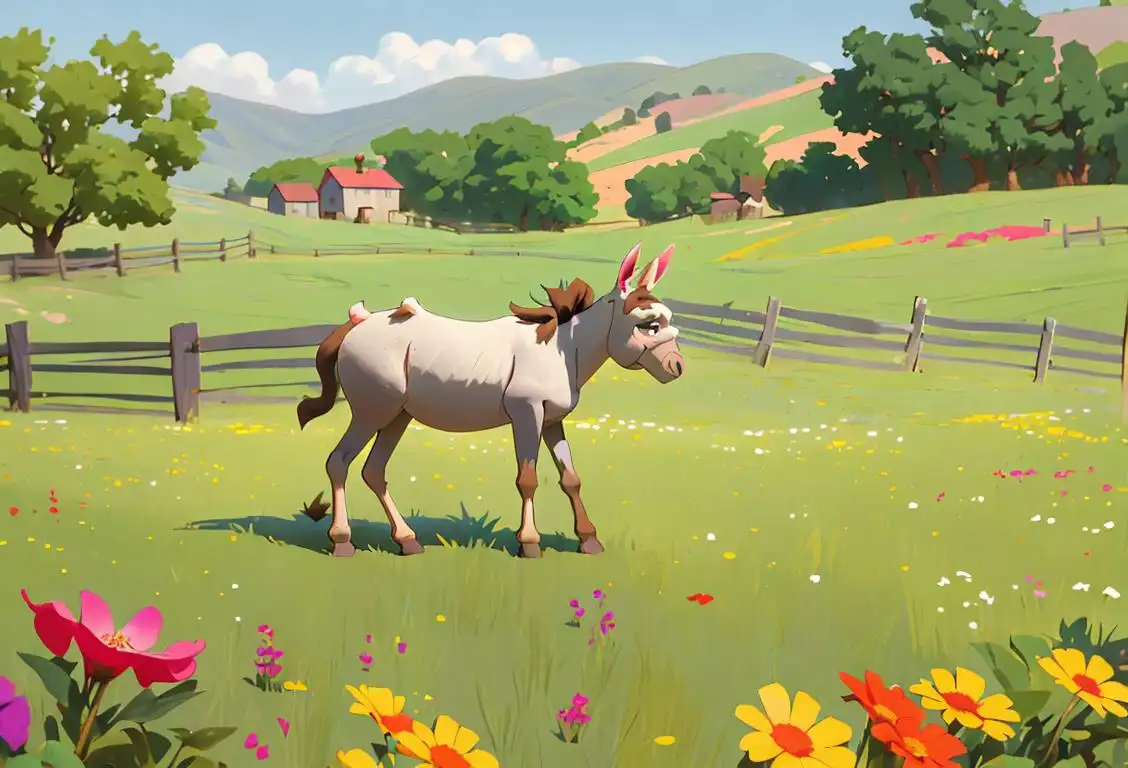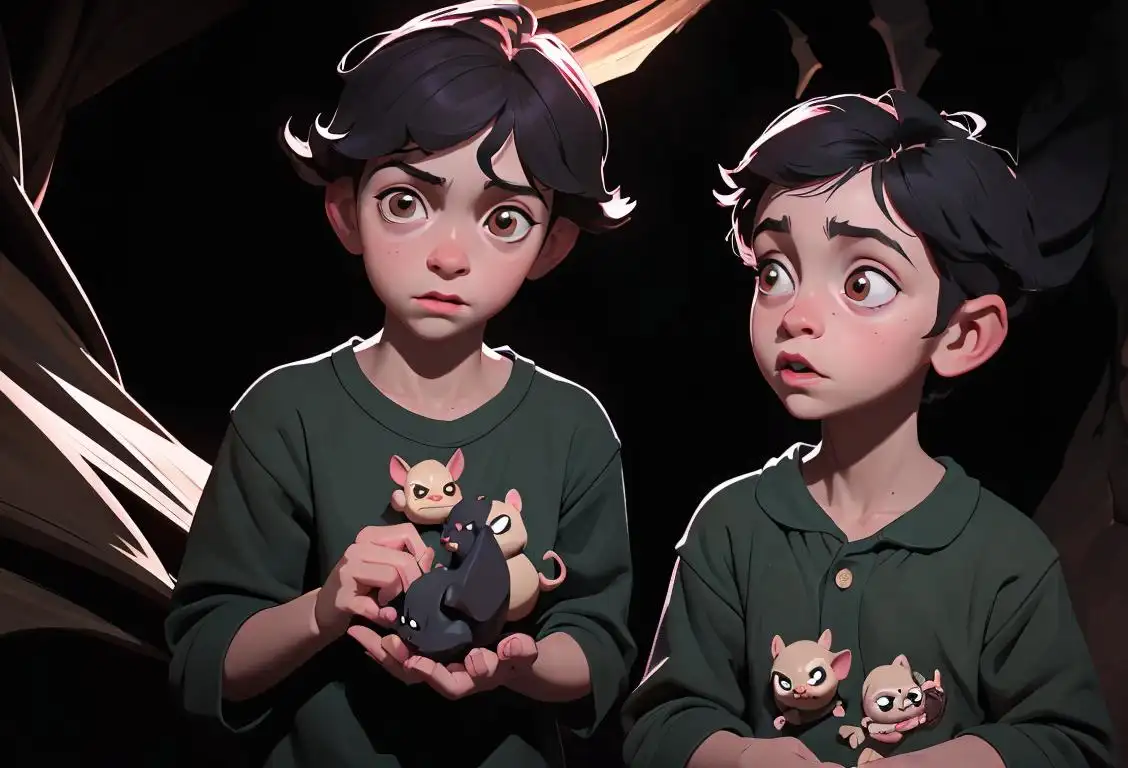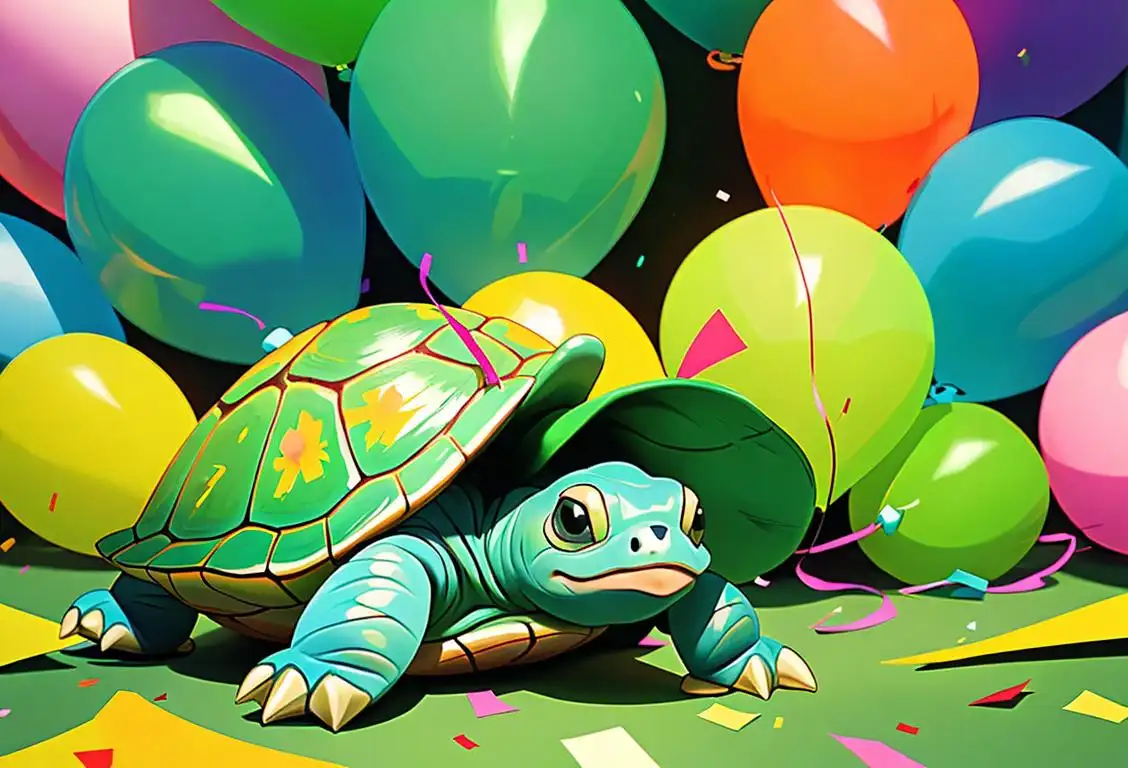National Hare Day
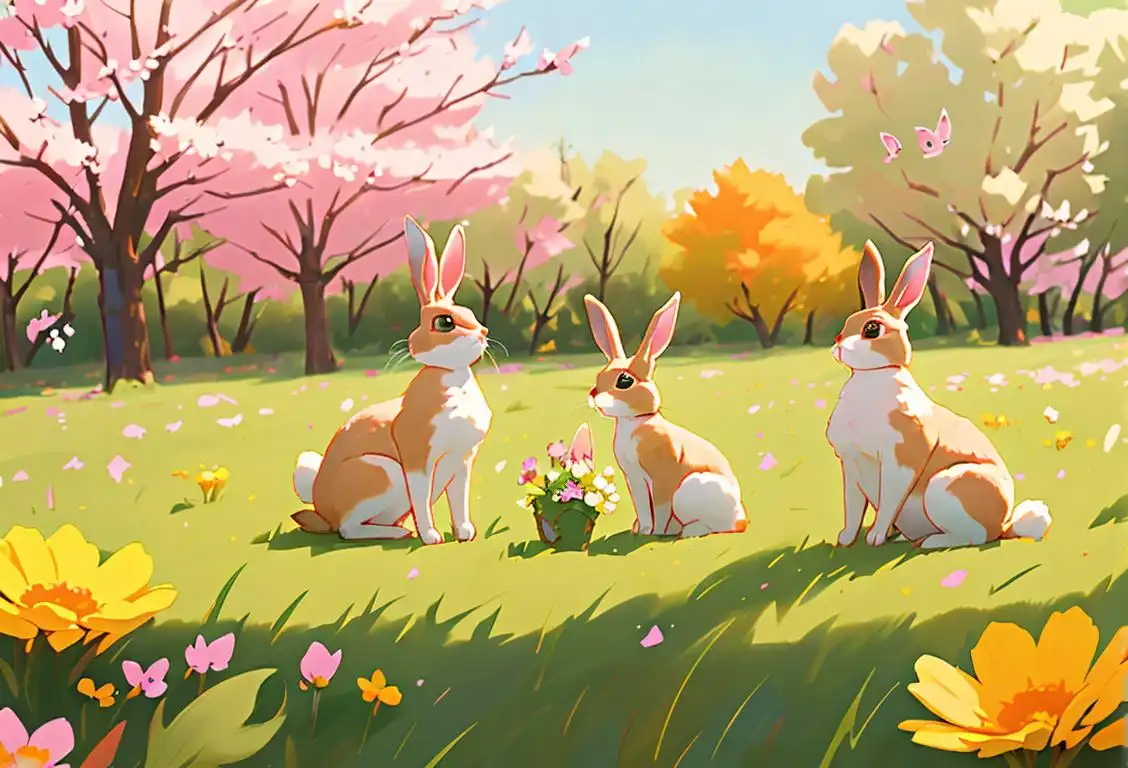
Welcome to the amazing world of National Hare Day! Prepare to hop into a world of fluffy bunnies, cute twitching noses, and the occasional mad dash through fields. Get ready to celebrate these adorable creatures and learn all about the internet and actual historical significance of this hare-focused day!
When is Hare Day?
It's national hare day on the 1st March.
Internet History of National Hare Day:
Believe it or not, National Hare Day wasn't always about celebrating bunnies and their hare-raising antics. This delightful day actually started as a way to honor the internet's fascination with 'hare'-raising stories and videos. Back in the early days of the web, people couldn't resist sharing adorable clips and pictures of hare-like creatures (and sometimes even hares themselves) doing all sorts of mischievous things.
While some people may confuse hares with rabbits, there is indeed a difference between the two. Hares are known for their long legs and ears, and their ability to run at incredibly high speeds, while rabbits tend to be smaller with shorter ears. But let's not get caught up in hare-splitting details!
So, how can you celebrate National Hare Day? Well, you can start by diving into the vast collection of hare-related content on the internet. From hilarious videos of hares playing pranks on other animals to heartwarming stories of hares finding their forever homes, there's no shortage of adorable and entertaining hare tales out there.
History behind the term 'Hare'
Old English times (5th-11th century)
Anglo-Saxon origins
The term 'hare' comes from the Old English word 'hara,' which was used to refer to the animal. Hares were highly regarded in Anglo-Saxon culture, symbolizing fertility and abundance. They were often associated with the goddess Eostre, who represented dawn, spring, and rebirth.
Middle English period (11th-15th century)
Evolution of the word
During the Middle English period, the term 'hare' retained its similarity to the Old English form. However, it underwent slight changes in spelling, eventually stabilizing as 'hare.' The word became widely recognized and used in various works of literature, including Chaucer's 'The Canterbury Tales.'
19th century
Hunting and popular culture
Hares gained significant cultural prominence in the 19th century due to the popularity of hunting. Hunting hares with packs of hounds became a popular pastime among the upper classes. The term 'hare' became associated with the pursuit of sport, leading to phrases like 'hare and hounds' and 'mad as a March hare.' This era marked the enduring connection between hares and agility.
20th century
Hares in folklore and literature
Hares continued to captivate imaginations throughout the 20th century. They appeared in various folklores, often symbolizing cleverness, transformation, and magic. Additionally, hares were frequently portrayed in literature, particularly in works like Lewis Carroll's 'Alice's Adventures in Wonderland.' The character of the March Hare played a memorable role in the fantastical world created by Carroll.
Present day
Hares in popular culture
Hares remain prominent in popular culture to this day. They are often depicted as strong and swift creatures, embodying traits of agility and grace. The term 'hare' continues to evoke images of speed and bounding movements. From cartoons to marketing, hares serve as symbols of vitality, energy, and sometimes mischief.
Did you know?
Did you know that hares can reach speeds of up to 45 miles per hour? That's faster than most cars on city streets! Whether they're fleeing from predators or just feeling the need for speed, hares are true sprinting champions.Tagged
fun animals internetFirst identified
1st March 2021Most mentioned on
1st March 2021Total mentions
6Other days
Monkie Monky Day
Farrah Bully Me Day
Goos Paper Day
Hare Day
Bingus Day
Pussy Appreciation Day
Furry Butt Appreciation Day
Donkey Day
Bat Appreciation Day
Turtle Day
